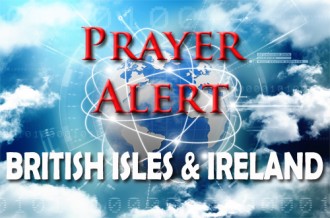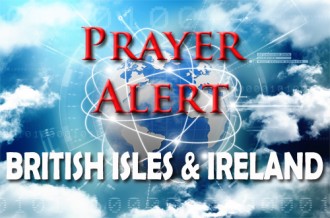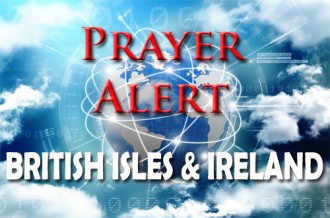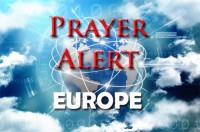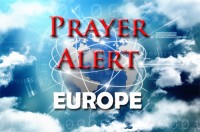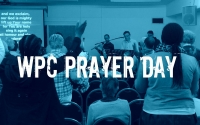Mental health and well-being
The Mental Health Foundation reports that one in ten children aged between 5 and 16 suffer from a diagnosable mental health disorder - that’s three children in every classroom. More than half of adults with mental health problems were diagnosed in childhood, but less than half were treated appropriately at the time. Today one in four adults experience mental health problems, and every church has a role to play to support all members of their community. There is a ‘mental health access pack’ designed specifically for the church community to help them to help others. Justin Welby said, ‘The action pack will help equip churches to make God’s love more visible in the welcome they offer. I am grateful to Livability and to Mind and Soul for all the thought and prayer that has gone into this resource, and I commend it to churches as a valuable pastoral tool.’ See also: http://www.mentalhealth.org.uk/help-information/mental-health-statistics/children-young-people/
Is Jeremy Corbyn anti-Israel?
Newly-elected Labour leader Jeremy Corbyn’s far-left credentials have found favour in his party, but his overtures to radical Islamists have caused concern among British Jews. Corbyn has been empathetic to Hamas and Hezbollah - terror groups committed to destroying Israel. He is widely regarded as one of the British MPs most hostile to Israel. In his victory speech, Corbyn called for a ‘decent and better society’ and urged party unity. The battle-hardened MP projects the image of a humble man who travels by bicycle and cultivates his own garden. A senior Jewish member of the Labour Party said that Corbyn’s views give cause for serious concern, and Britain’s top Jewish newspaper, the Jewish Chronicle, claimed that Corbyn was linked to ‘Holocaust deniers, terrorists and some outright anti-Semites.’ Six years ago Corbyn offered to host representatives of Hamas and Hezbollah in the British parliament.
Northern Ireland: Praying into roots of rebellion
The roots of Northern Ireland’s problems go back to 1167 and the Anglo-Norman intervention into Ireland’s laws and policing. The two unrelated cultures were never united and found themselves living side by side. The IRA evolved from rural protection groups which developed to fight back against ‘oppressive feudal regimes’. Through kinship, violence and relationships with officials, the group grew and adopted hierarchical structures with Mafia-like figureheads. The IRA fought for the unification of Ireland and an end to the British occupation of Northern Ireland. Today the IRA are not engaged in violence; however, splinter groups (Real IRA and Irish National Liberation Army) have formed, and at least one works with a Colombian cartel aiding drugs and arms smuggling. Punishment beatings still occur in local communities, as ‘inactive’ IRA members attempt to maintain control within their communities. The recent killing of Kevin McGuigan caused a political row when the police chief accused members of the IRA of having a role in the murder, and said the IRA still existed. See also http://www.bbc.co.uk/news/uk-northern-ireland-34204542
Norway: Proposal to put refugees in Arctic
Norwegian politicians are considering sending refugees to Svalbard, an Atlantic archipelago and one of the world’s most remote areas, which is currently inhabited by more polar bears than people. Local government representatives hope that Svalbard could receive and then house refugees. The Green Party has asked Svalbard’s governor to look into the legality of the plan, which could be undone by the fact that Svalbard isn’t part of the Schengen free movement area and so can’t take people as easily. Local politicians have committed to work ‘100 per cent’ for a quick realisation of the plan if it is proved legal. Many of the islanders are employed in coal mines. Espen Klungseth Rotevatn, the leader of the Green Party on the islands, said, ‘Europe is on fire, and it is now that our values and ethical standards are put to the test.’

